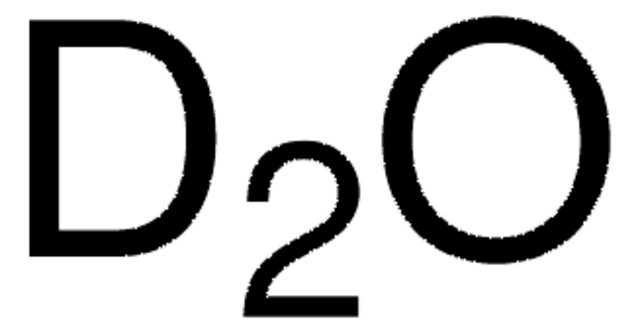179981
Luperox® A98, Benzoyl peroxide
reagent grade, ≥98%
Synonym(s):
Benzoyl peroxide, Dibenzoyl peroxide
About This Item
Recommended Products
grade
reagent grade
Quality Level
Assay
≥98%
form
solid
autoignition temp.
176 °F
reaction suitability
reagent type: oxidant
mp
105 °C (lit.)
functional group
peroxide
phenyl
SMILES string
O=C(OOC(=O)c1ccccc1)c2ccccc2
InChI
1S/C14H10O4/c15-13(11-7-3-1-4-8-11)17-18-14(16)12-9-5-2-6-10-12/h1-10H
InChI key
OMPJBNCRMGITSC-UHFFFAOYSA-N
Looking for similar products? Visit Product Comparison Guide
Related Categories
General description
Application
- Thermal cross-linking of multiwalled carbon nanotubes (MWCNTs) via radical-initiated reaction
- 3-D crosslinked carbon scaffolds
- poly(lactic-co-glycolic) acid (PLGA), MWCNT and singlewalled carbon nanotubes (SWCNT) scaffolds
Legal Information
Signal Word
Danger
Hazard Statements
Precautionary Statements
Hazard Classifications
Aquatic Acute 1 - Aquatic Chronic 1 - Eye Irrit. 2 - Org. Perox. B - Skin Sens. 1A
Storage Class Code
4.1A - Other explosive hazardous materials
WGK
WGK 2
Flash Point(F)
Not applicable
Flash Point(C)
Not applicable
Regulatory Listings
Regulatory Listings are mainly provided for chemical products. Only limited information can be provided here for non-chemical products. No entry means none of the components are listed. It is the user’s obligation to ensure the safe and legal use of the product.
FSL
Group 5: Self-reactive substances
Organic peroxides
Hazardous rank I
1st self-reactive materials
ISHL Indicated Name
Substances Subject to be Indicated Names
ISHL Notified Names
Substances Subject to be Notified Names
JAN Code
179981-50G:
179981-BULK:
179981-500G:
179981-VAR:
Choose from one of the most recent versions:
Already Own This Product?
Find documentation for the products that you have recently purchased in the Document Library.
Our team of scientists has experience in all areas of research including Life Science, Material Science, Chemical Synthesis, Chromatography, Analytical and many others.
Contact Technical Service










